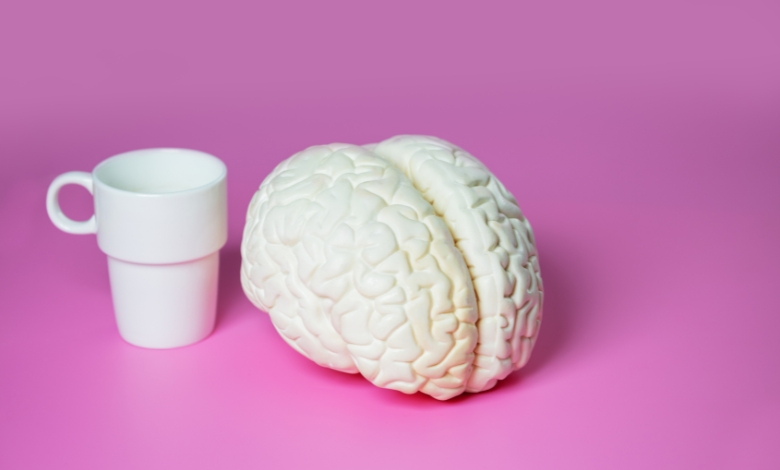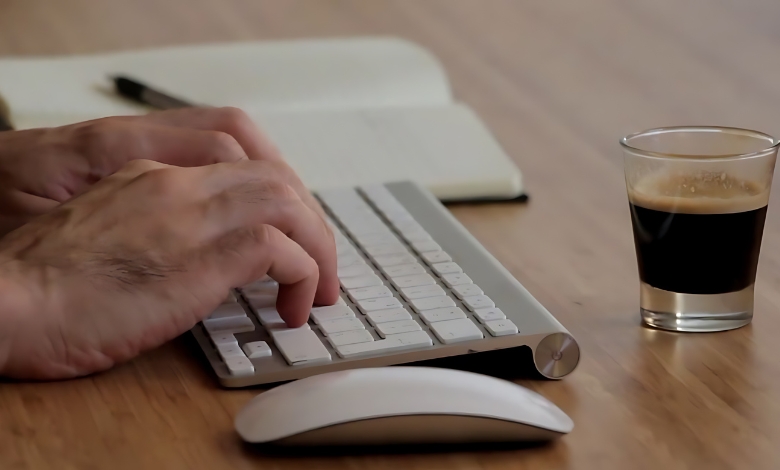Coffee Workplace Productivity: Learn how to make coffee a vital part of your daily routine to boost focus, creativity, and productivity.
Coffee has grown to be my friend as I juggled several deadlines and projects.
I remember my first day in the office—nervous but yet excited to present a good impression. The scent of just made coffee greeted me as soon as I entered the break area. This little but significant gesture helped me to feel like I belonged.
I grab a cup of coffee first thing every morning. It motivates me creatively and aids in concentration.
I find myself returning to the coffee maker quite a bit over the day. It’s for the possibility to network with colleagues as much as for the caffeine boost.
Coffee is a major component of our professional life, whether we’re grabbing a little break or generating fresh ideas.
In this blogpost I’ll discuss how coffee influences work productivity. From developing community to sharpening concentration.
Let’s get started.
Article Breakdown
How Caffeine Impacts Your Brain And Body?

Have you ever found it amazing how that cup of coffee suddenly increases your focus and energy at work? Actually, it’s all down to caffeine, the powerhouse component in coffee.
Caffeine rapidly reaches your brain as you sip your preferred brew and blocks adenosine, a neurotransmitter in charge of causing sleepiness. Other neurotransmitters like dopamine and norepinephrine can operate their magic by raising cell activation when adenosine is absent from the picture. You therefore get a better mood, more cognitive ability, and more awareness.
Not only does caffeine increase brain activity but it also makes your body create adrenaline. Adrenaline sharpens your concentration and offers the additional boost of energy required during those extended work hours.
Remember therefore the next time you grab that cup of coffee to start your day or fight that afternoon slump: caffeine is doing magic on your body and brain.
How Much Coffee is Just Right For Peak Productivity?

Everybody has a distinct tolerance for caffeine, hence the answer to this question differs as well. For most adults, however, doctors advise that 200 to 400 mg of caffeine is the perfect dosage to get its effects on productivity. Actually, the secret to enjoying caffeine without overindulging is to strike the perfect balance. While too much could cause jitteriness and lose focus, too little might not provide the jolt you need.
According to experts, drinking one to two cups of coffee daily could improve focus and alertness. Without producing unwanted effects, even little consumption can help boost cognitive abilities and general performance. Remember that everyone responds differently to caffeine; so, pay close attention to your body and make necessary changes.
Maximizing the benefits of coffee on production depends critically on timing as well. While spreading out extra cups deliberately throughout the day might help to sustain energy levels without interfering with sleep patterns, drinking your first cup in the morning can start your day. Experiment with what suits you best then identify your sweet spot for best output.
Here are therefore the seven facts on coffee and workplace efficiency that you most likely knew nothing about. These numbers will help you to increase your output to unprecedented levels.
1) Genetic Influence on Coffee’s Effect
Your genes can influence your level of productivity from coffee, did you know? Studies of CYP1A2 gene genetic variants have revealed how fast a person metabolizes caffeine.
This implies that while some people might feel the effects of coffee more significantly, others would not. Understanding this knowledge will enable people to modify their intake based on their own caffeine sensitivity.
It can also help to clarify why some people could tolerate caffeine better than others.
2) Coffee’s Role in Enhancing Memory Consolidation
Coffee not only boosts alertness and focus but also aids in memory improvement. Coffee consumption following a novel learning experience has been found to improve memory consolidation, therefore facilitating information retention.
This is so because caffeine neutralizes adenosine, therefore upsetting the process of memory creation. Caffeine helps other neurotransmitters like norepinephrine assist in memory consolidation, therefore improving retention of knowledge by blocking adenosine.
Thus, make sure you treat yourself to some coffee afterwards the next time you’re learning a new ability or preparing for a major presentation. It could simply enable you to recall all you require.
3) Caffeine Nap for Optimal Focus
Who would have guessed that naps combined with caffeine can result in ideal output? Although it may seem contradictory, studies have indicated that a quick snooze following coffee can have even more impact on alertness and concentration.
This is so as caffeine takes roughly twenty minutes to start acting in your system. Thanks to the caffeine kicking in, you can wake up feeling more rested and alert by timing a power nap around this period.
Considered a “caffeine nap” or “coffee nap,” this has been shown to boost cognitive ability and output. Therefore, if you find yourself sleepy at work, try drinking some coffee then taking a little 20-minute nap to get even more focused and energized.
4) Coffee and Creative Thinking
Coffee can support creative thinking in addition to helping with focus and output. Moderate caffeine intake has been associated with improved divergent thinking—that is, the capacity to generate several answers or ideas for a problem.
Part of this is the better mood and cognitive ability coffee offers. Our brains can be more creatively active and provide fresh ideas when we feel more awake, energized, and cheerful.
So the next time you’re feeling stuck or in need of some creative inspiration, make a cup of coffee and observe what thoughts strike you. The outcomes would surprise you.
5) Microdosing Coffee for Sustained Productivity
Although one to two cups of coffee a day is regarded as moderate intake, some people choose another approach to keep constant output. Microdosing caffeine is drinking little amounts of it throughout the day instead of one or two more significant doses.
This method provides continuous alertness and focus without any crashes, helping to avoid peaks and valleys in energy levels. It also helps people avoid too much coffee at once, which can cause jitters and poorer performance.
For individuals trying to keep constant output all day without suffering any bad side effects, microdosing coffee could be a good tactic. But since everyone’s caffeine tolerance is unique, it’s crucial to discover what suits you personally.
6) Impact of Coffee Aroma on Alertness
The caffeine in coffee is not the only substance that could raise your alertness and output. The aroma of coffee has also been found to have a placebo effect on humans, therefore misleading our brains into higher awareness and focus.
Studies have shown that even decaffeinated coffee can have this effect based solely on its aroma. If you want to cut your caffeine intake but still feel more awake, try sniffing some freshly prepared coffee. It would have the same effect without the additional caffeine.
7) Coffee’s Effect on Stress and Multitasking
Although stress and overwhelm can seriously affect output, coffee could once more be of great help. Consuming moderate coffee has been connected to lower stress and better multitasking efficiency.
This is so because caffeine alters serotonin and dopamine, two neurotransmitters involved in controlling mood and drive. Coffee can help people feel more calm and concentrated by raising these neurotransmitters, therefore enhancing their multitasking skills.
Too much caffeine, meanwhile, might have the reverse effect and raise stress levels. Like everything, moderation is essential for enjoying the advantages of coffee.
How to Make the Most of Your Coffee for Peak Performance?
These tips will get the most out of your coffee for improved performance:
- Time is of importance: Not only should you grab coffee first thing in the morning. Distribution of your coffee breaks throughout the day helps to maintain your energy level without causing a crash.
- Monitor Your Consumption: When you have a lot on your plate, it’s tempting to drink too much coffee; but, too much caffeine can cause jitteriness and inattentive behavior. Discover a reasonable amount that suits you.
- Experiment with several brews: Play about with different coffee beans and techniques of brewing. Look for the roast and cooking method that tastes the finest and provides the correct energy boost.
- Keep hydrated: Sip water alongside your coffee. Dehydration can lessen the benefits of coffee for your alertness and cognitive ability.
- Pay Attention to Your Body: If coffee makes you restless or nervous, think about reducing or substituting decaf for a softer boost.
Wrapping Up
When I consider my relationship with coffee, I see various ways it increases focus, creativity, and productivity. Coffee aids in memory retention for the brain; so, combining coffee with brief sleeps produces the ideal “caffeine nap.” Coffee also improves creativity; microdosing keeps me active all day without energy dips. I am more awake even from the aroma of coffee. Moderate drinking of it helps control stress and enhances multitasking. These techniques have helped me to make coffee a daily ritual very important.
Note: Please do not consume excessive amounts of caffeine for the sole purpose of productivity. It’s important to listen to your body and consume caffeine responsibly.



